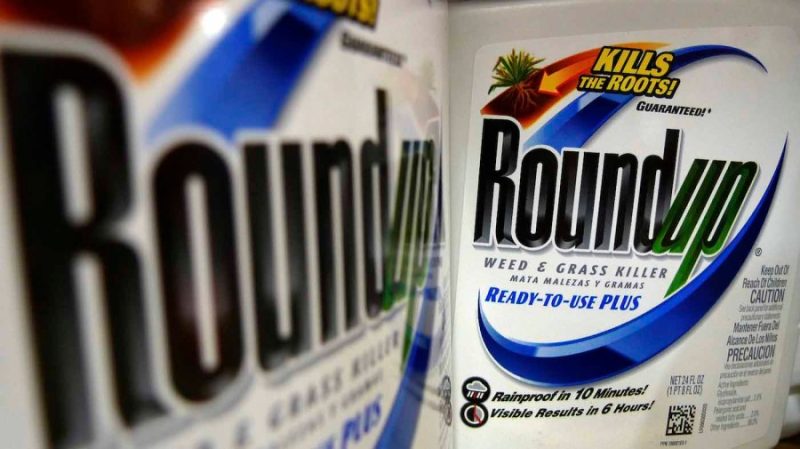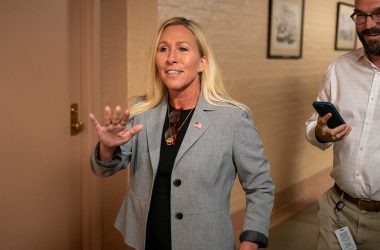North Dakota Gov. Kelly Armstrong (R) has signed legislation that makes his state the first in the country to shield farm chemical manufacturers from lawsuits over safety concerns about their products, most notably the popular weedkiller Roundup.
Armstrong, a former member of Congress who was elected governor last fall, hasn’t commented on Thursday’s bill signing. His office didn’t immediately respond to a request from The Hill.
The legislation was unanimously approved in the Republican-held state House, with four Democrats and two Republicans abstaining. It passed the Senate in a 29-18 vote, with all five Democrats voting against the measure, along with 13 Republicans.
German-based agrochemical manufacturer Bayer and farmers have pushed legislation to protect the company from lawsuits over Roundup, which contains glyphosate.
The federal Environmental Protection Agency (EPA) deems glyphosate safe when label directions are followed, but Roundup has been dogged by claims it causes cancer. Bayer paid $10 billion to settle lawsuits with thousands of cancer patients in 2016 over the widely used herbicide.
According to North Dakota’s new law going into effect Aug. 1, any warning labels that meet EPA standards will be deemed “sufficient to satisfy any requirement for warning or labeling regarding health or safety” in the state.
Advocates of the new law said it would protect farmers’ from losing crucial tools through “actions of the litigation industry and California activists relentlessly targeting the tools our farmers rely on to produce safe, affordable, and abundant food.” The industry has feared that Bayer could pull the product if it continues to face financial penalties.
“If the litigation industry and California activists win, U.S. agriculture could face a crisis felt not
just by farmers nationwide, but at every dinner table across America,” Modern Ag Alliance executive director Elizabeth Burns-Thompson said during a hearing on the bill before its passage. “Absent legislative clarity around pesticide labeling, farmers will be forced to make difficult decisions that weigh their livelihoods, our food security, and ultimately, national security.”
Opponents argued that major corporations only sought the legislation to protect their profits while disregarding potential public health harms.
“Out of state corporate interests are trying to mess with our abilities to reasonably defend ourselves in court from pesticide labels that are not doing their job properly,” Sam Wagner of the Dakota Resource Council said during the hearing. “If your products aren’t safe, you should be held accountable.”
“Every time we talk about regulation we get into a game of hot potato, the federal government
tells us the state and local governments should handle this, and the state and local government tells us that the federal government should handle this and in the meantime the people suffer from this,” he added.
Researchers at the University of Washington concluded in 2019 that glyphosate exposure increases the risk of some cancers by more than 40 percent, but the EPA, following that study, approved its use and deemed glyphosate “not likely to be carcinogenic to humans,” citing its own reviews.





